Meeting of national security advisers at White House comes a day after massive Israeli air force drill to simulate striking Iranian nuclear facilities; US denies taking part
By EMANUEL FABIAN and JACOB MAGIDToday, 5:33 am

IAF and AFCENT F-15 and F-16 jets are seen over southern Israel during the ‘Desert Eagle’ drill, August 10, 2021. (Israel Defense Forces)
National Security Council chairman Eyal Hulata and his US counterpart Jake Sullivan met Wednesday in Washington for talks largely focused on Iran, with the two pledging economic, diplomatic, and military coordination to stop Teheran from acquiring nuclear weapons.
“The officials committed to coordinate on efforts to prevent Iran from acquiring a nuclear weapon and toward deterring Iran’s aggressive regional activities, said a joint statement after a meeting at the White House of the US-Israel Strategic Consultative Group.
“They also discussed economic and diplomatic steps to achieve these goals and reviewed ongoing cooperation between the US and Israeli militaries,” the statement said.
The commitment came the day after dozens of Israeli Air Force fighter jets conducted air maneuvers over the Mediterranean Sea on Tuesday night, simulating striking Iranian nuclear facilities.
The SCG has met several times since the start of the Biden administration to coordinate efforts aimed at curbing the various threats posed by Iran. The meeting was attended by foreign policy, defense, and intelligence officials from both governments, the White House said in a statement.
Get The Times of Israel’s Daily Editionby email and never miss our top storiesNewsletter email addressGET IT
By signing up, you agree to the terms
“The US and Israeli officials committed that, working toward the same goal, they will remain in close coordination on the full range of issues of mutual interest and to remain united against all threats to their national security.”
Hulata was expected to have discussed US President Joe Biden’s trip to Israel and the West Bank, which is slated to take place in late June. Additionally, he was reportedly slated to receive an update on US efforts to broker an agreement that will see Egypt transfer the Red Sea islands of Tiran and Sanafir to Saudi Arabia.
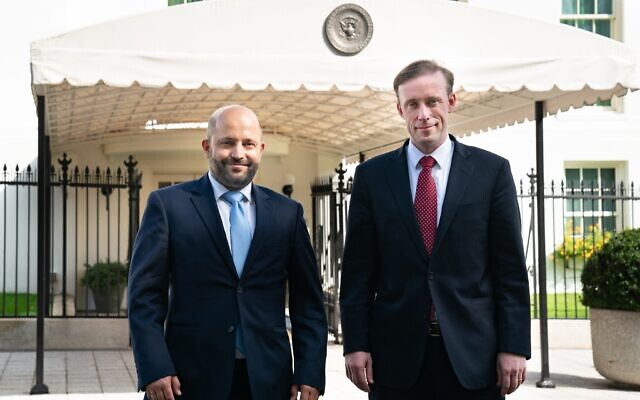
National Security Council chairman Eyal Hulata (L) and US National Security Adviser Jake Sullivan in front of the White House on October 5, 2021. (Jake Sullivan/Twitter)
That deal requires Israeli approval because of the multinational observer force that has been deployed on the islands since the Jewish state’s peace deal with Egypt. As a result, the US and Israel are reportedly pushing Riyadh to take a series of small steps toward full normalization with Jerusalem.
Tuesday’s military drills included “long-range flight, aerial refueling and striking distant targets,” according to a statement Wednesday from the IDF.
According to Channel 13 news, more than 100 aircraft — as well as navy submarines — participated in the drill that spanned some 10,000 kilometers.
The jets were refueled twice during the simulation, as they circled Cyprus and conducted mock airstrikes in Israel, the report said. Meanwhile, the elite helicopter search-and-rescue Unit 669 was on standby to assist pilots who may have needed to abandon their planes.
Earlier this month, The Times of Israel learned that the drill — as part of the military’s major Chariots of Fire exercise — would simulate a widescale strike in Iran, including against its nuclear facilities.
Chariots of Fire, which involves nearly all branches of the IDF, has been focusing on training for fighting on Israel’s northern borders, including against the Iran-backed Hezbollah terror group in Lebanon.
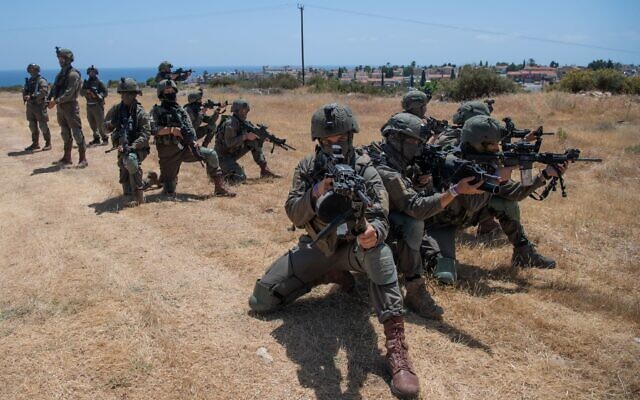
Troops during a major exercise in Cyprus, May 31, 2022. (Israel Defense Forces)
In light of growing uncertainty regarding a return by Iran to the 2015 nuclear deal amid long-stalled negotiations with world powers, the past year has seen the Israel Defense Forces ramp up its efforts to prepare a credible military threat against Tehran’s nuclear facilities.
At the beginning of last year, IDF Chief of Staff Aviv Kohavi announced that he had instructed the military to begin drawing up fresh attack plans against Iran. By September, Kohavi said the army had “greatly accelerated” preparations for action against Tehran’s nuclear program.
Still, defense officials estimate that while some aspects of the IAF’s strike plans, which are still in their early stages, could be ready within a short period of time, others would take more than a year to become fully actionable.
In addition to having to find ways to strike Iranian facilities that are buried deep underground, requiring specialized munitions and tactics, the IAF will have to deal with increasingly sophisticated Iranian air defenses in order to conduct such a strike. The air force will also have to prepare for an expected retaliation against Israel by Iran and its allies throughout the region.
The drill has also focused on preparing for and responding to such retaliation.
According to Channel 13 news, the US Air Force was supposed to serve as a complementary force with refueling planes during the drill. The IDF did not confirm the report, and the US Central Command denied it, saying “there is no direct US military involvement in that exercise.” A Pentagon spokesperson also denied the Department of Defense was “directly participating” in the drills, according to The War Zone online magazine.
The Chariots of Fire drill — scheduled to last through June 3 — is the military’s largest exercise in decades.
Military officials said it is aimed at raising the competence and readiness of troops and top brass for war on multiple fronts, as well as coordination with other emergency organizations, local authorities, and government ministries.
ToI Staff Contributed to this report

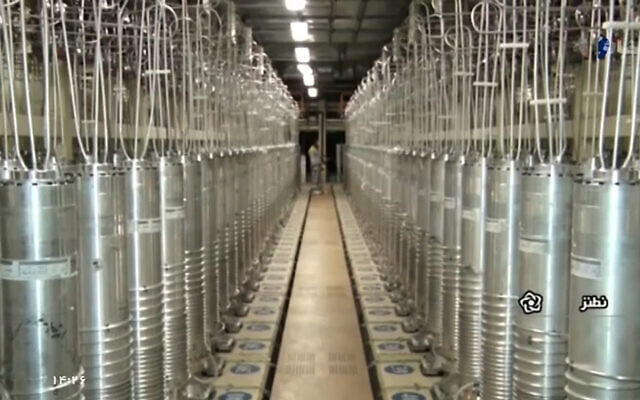
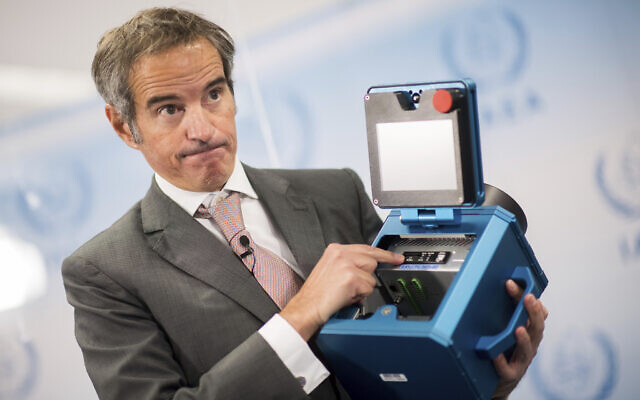

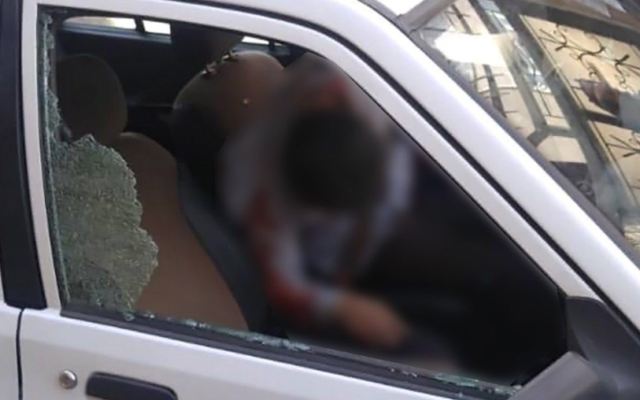
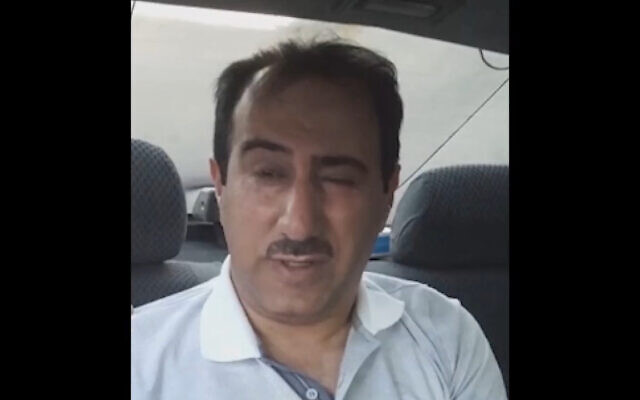

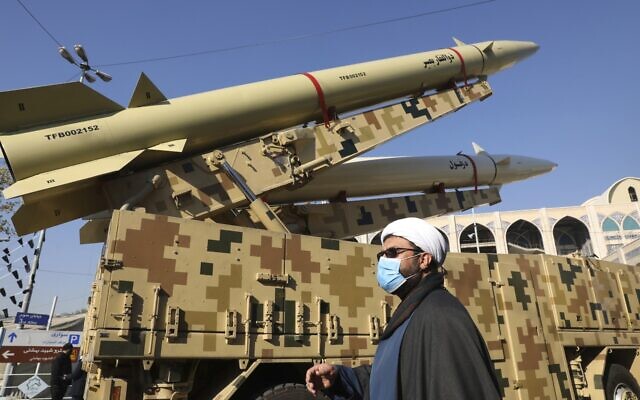


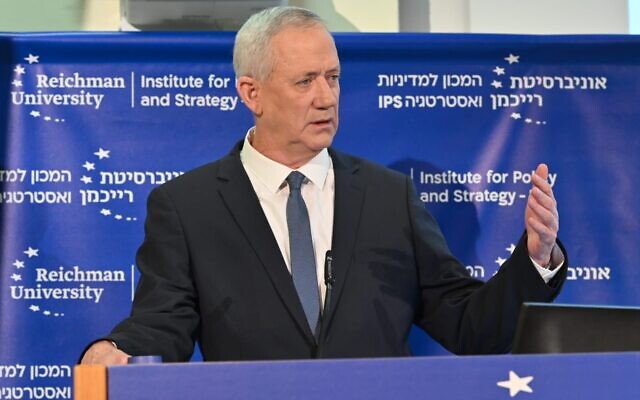


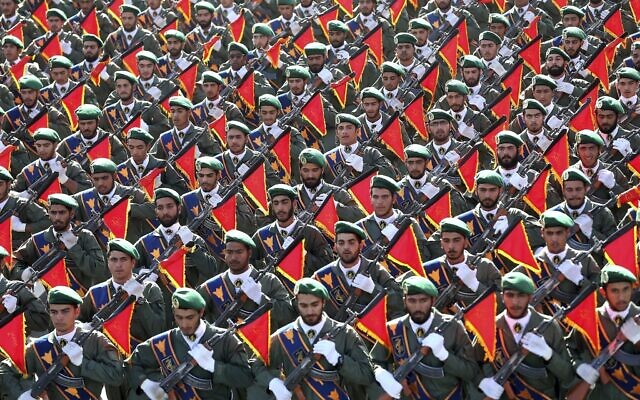
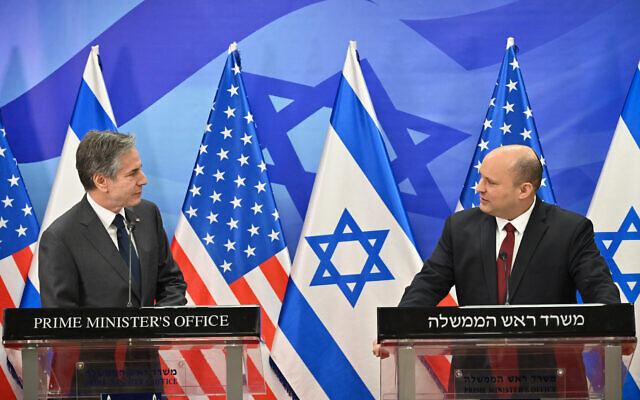
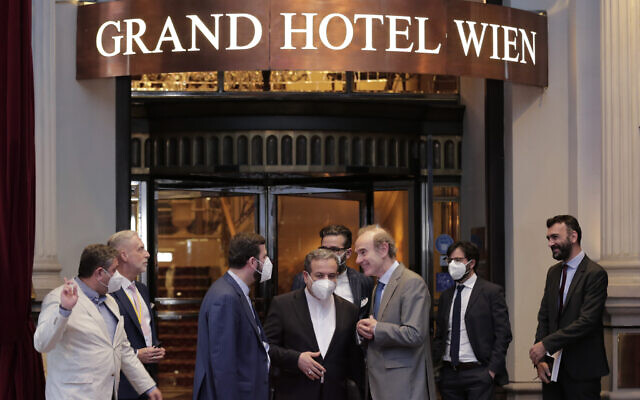
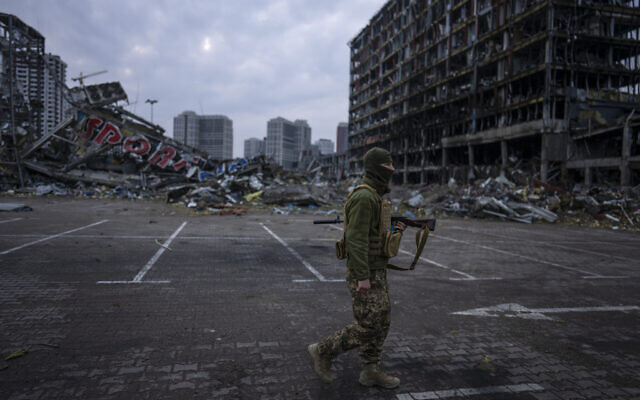
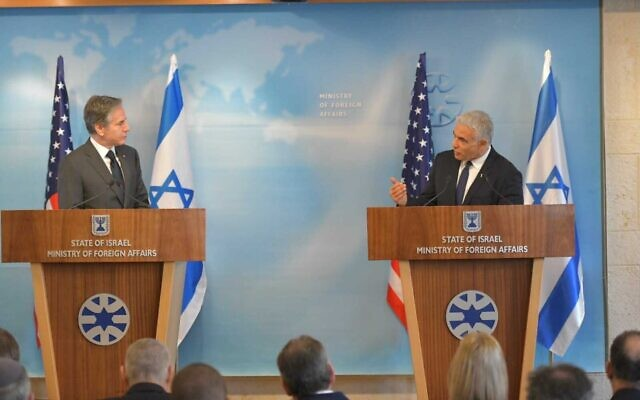
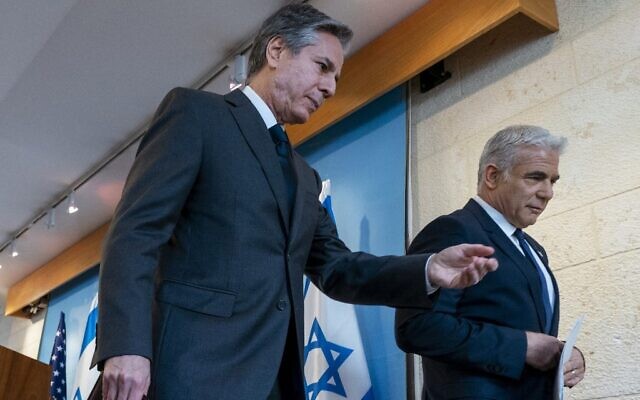
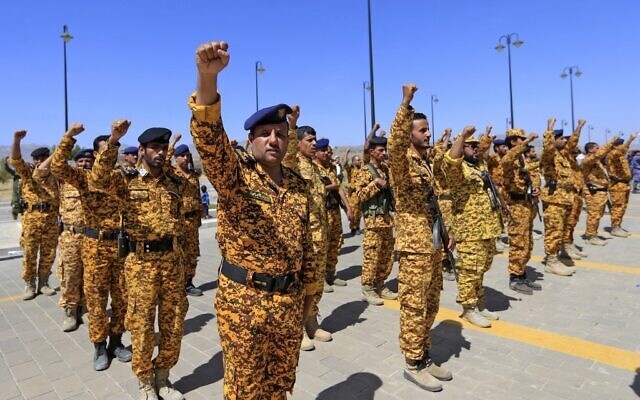

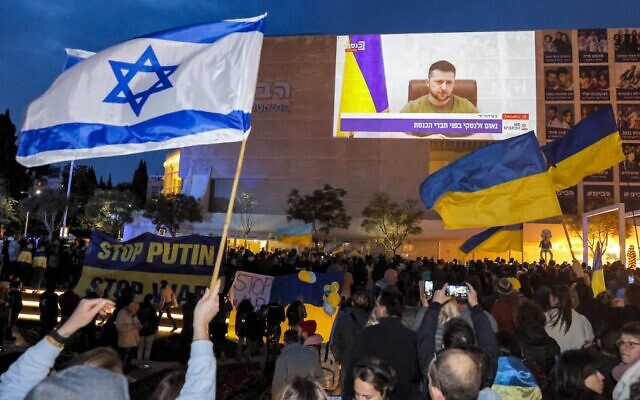
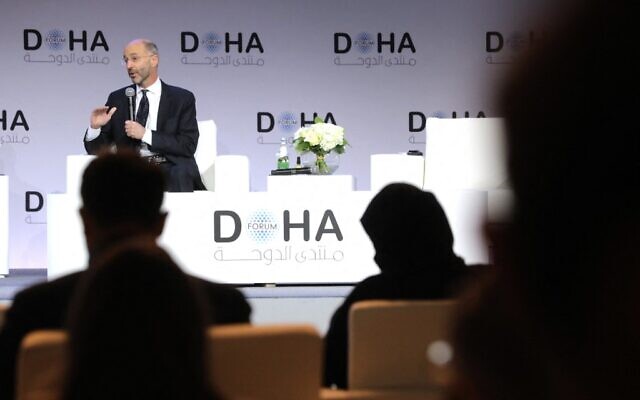



Recent Comments